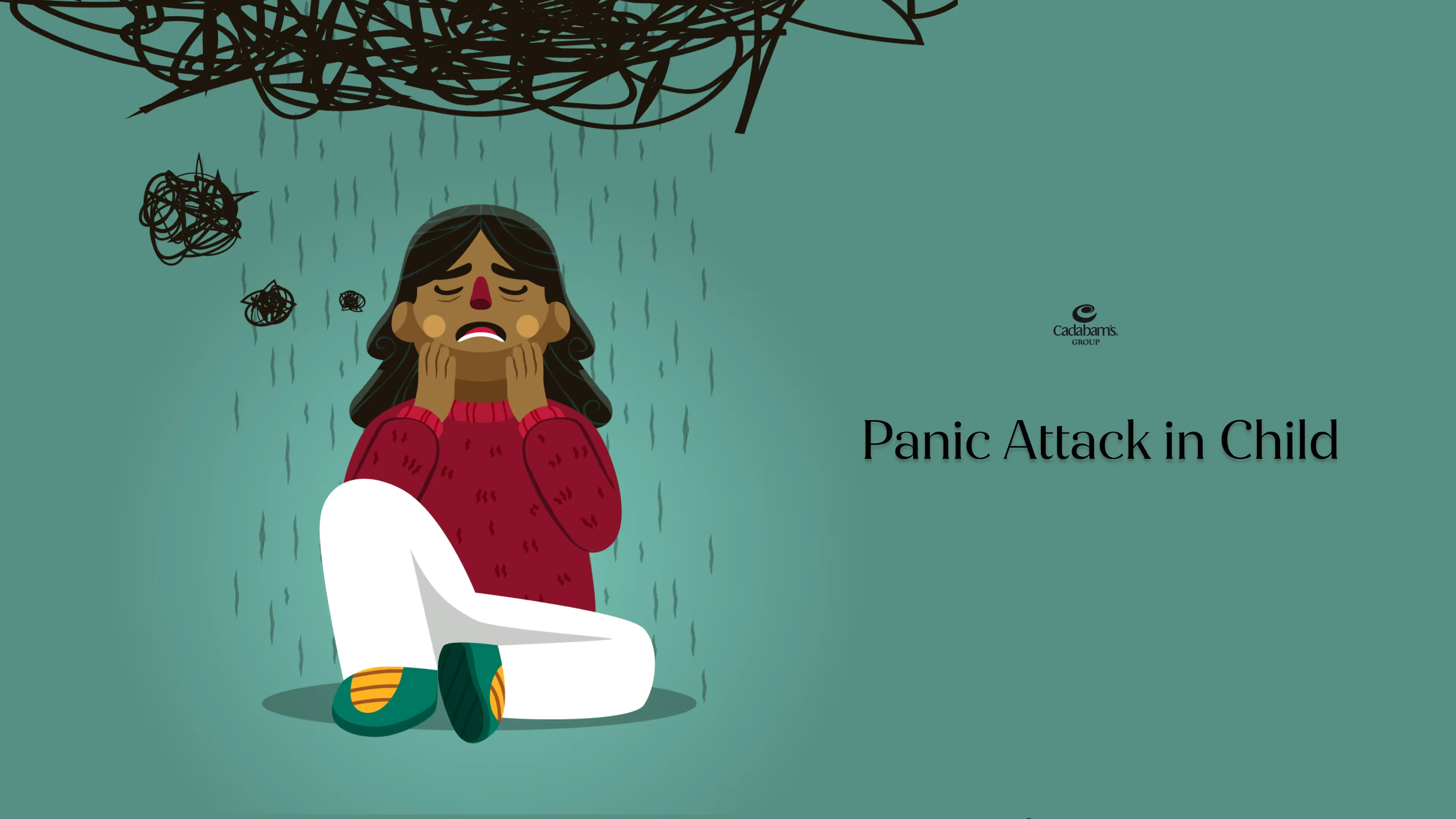Did you know that a panic attack in children often manifests in the early stages of adolescence? And, it is the most common psychological problem in the western countries, usually affecting about 2-3% of the people especially the younger ones in a year. There is no specific event triggering the first panic attack in children, it just comes out of the blue!
Panic attacks are frightening to those who experience them and still more frightening for the one’s around them. We often see most of the parents feeling panicked looking at their children encountering the panic attack. Here is the case of Victor who felt the same with his daughter when she met with her first panic attack at the age of 12. Victor felt helpless when he saw his daughter feeling breathless, holding her chest and hyperventilating. Yes, it is often very scary for few of them to look at their loved one’s panicking.
A panic attack or an anxiety attack in a child leaves him/her in the state of fear and in a feeling of crying and dying. These attacks last for about 10 minutes in a child while it feels like it was a lifetime for them. Here are the red flags that can tell you if your child is suffering from panic disorders-
- Your child seems to look sick and dizzy.
- Feeling of palpitations and dying.
- Breathlessness and tingling sensations in toes and fingers.
- They behave aggressively if someone comes to their rescue.
- Your child loses control over his/her mind.
- He/she experiences a feeling of nausea and severe sweating.
But, of all the above what leads to the panic attack in children? Children develop panic attacks because of family issues, grades, exam fear, lower performance levels, relationships at home as well as in school, etc. Children experiencing panic attacks often avoid going off places, develop social phobia, avoid active participation in school activities, etc.
A child experiencing such thoughts and distressing feelings is often not completely aware of why they are feeling so anxious. If these attacks happen on a regular basis they start to interfere with their normal day to day activities of the school and social life. This will, in turn, add up to their distress, thus leading to them to avoid similar situations and places in which they had the panic attack.
Fortunately, panic attacks are quite responding to various treatment methods like relaxation training, counseling, psychotherapies, cognitive-behavioural therapy, etc. If your young one is repeatedly encountering with the panic attacks, that is causing them distress and concern, then it is advisable to have them examined by psychiatrist or a medical professional.
Get to know more about the health effects of panic attacks in child along with the best medical guidance and psychological assistance through our health professionals. You can call us now on +919611194949.
.webp)




